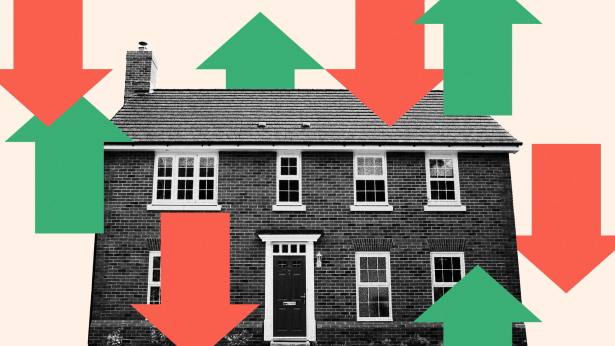Landlords whose mortgage deals expired in September or later typically responded by raising the rent to compensate for the rising cost of borrowing.
BTL lenders have attempted to modify their products to allow landlords to borrow more against their properties as many face challenges refinancing.
This has taken the form of lower headline rates and stress tests while increasing arrangement fees.
Affordability tests
Lenders assess affordability for BTL mortgages by comparing gross rental incomes with interest payments via a measure called the interest coverage ratio or ICR.
As a result, if mortgage payments were to rise a landlord would have to raise the rent to be able to refinance on similar terms.
Banks require a minimum ICR of 125 per cent for limited companies and basic rate taxpayers, and 145 per cent for higher rate taxpayers.
Scott Taylor-Barr, a financial adviser at Carl Summers Financial Services, says: “The sharp increase in mortgage rates meant that the ICR calculations (a ratio between the mortgage payment and rent received) that lenders use to set loan size was heavily impacted, so getting mortgages of the amount needed became difficult, as mortgage rates had risen sharply but rents had not.
Over time, as the money markets have stabilised so has the outlook for the BTL market, somewhat.
Nicholas Mendes, mortgage technical manager at John Charcol, says: “The good news is that following the government's reshuffle, with Rishi [Sunak] and [Jeremy] Hunt at the helm, markets have reacted well, resulting in swap rates coming down and lenders slowly reducing rates from the highs of September and October.
“Coinciding with this timeline of rate reductions, we have also seen lenders come back onto the market and ease their lending restrictions.”
But although criteria have eased slightly, rates have not reduced as quickly as many landlords hoped, which has impacted mortgage ICRs.
Mendes says this has resulted in landlords not being able to raise funds to either remortgage on a like-for-like basis or raise anything at all as lenders introduced minimum income requirements as part of their criteria to make lending more stringent.
Consequently, landlords are restricted to the lender’s SVR or at the mercy of their existing lender’s product transfer rates.
Carl Shave, director at Just Mortgage Brokers, says many landlords reviewing their rentals are saying that they have not been charging tenants true market value, so it was likely they would be applying an increase.
Shave adds: “Some have looked to offload some of their portfolios but, most have simply readdressed their expansion plans moving forward rather than reducing stock.






